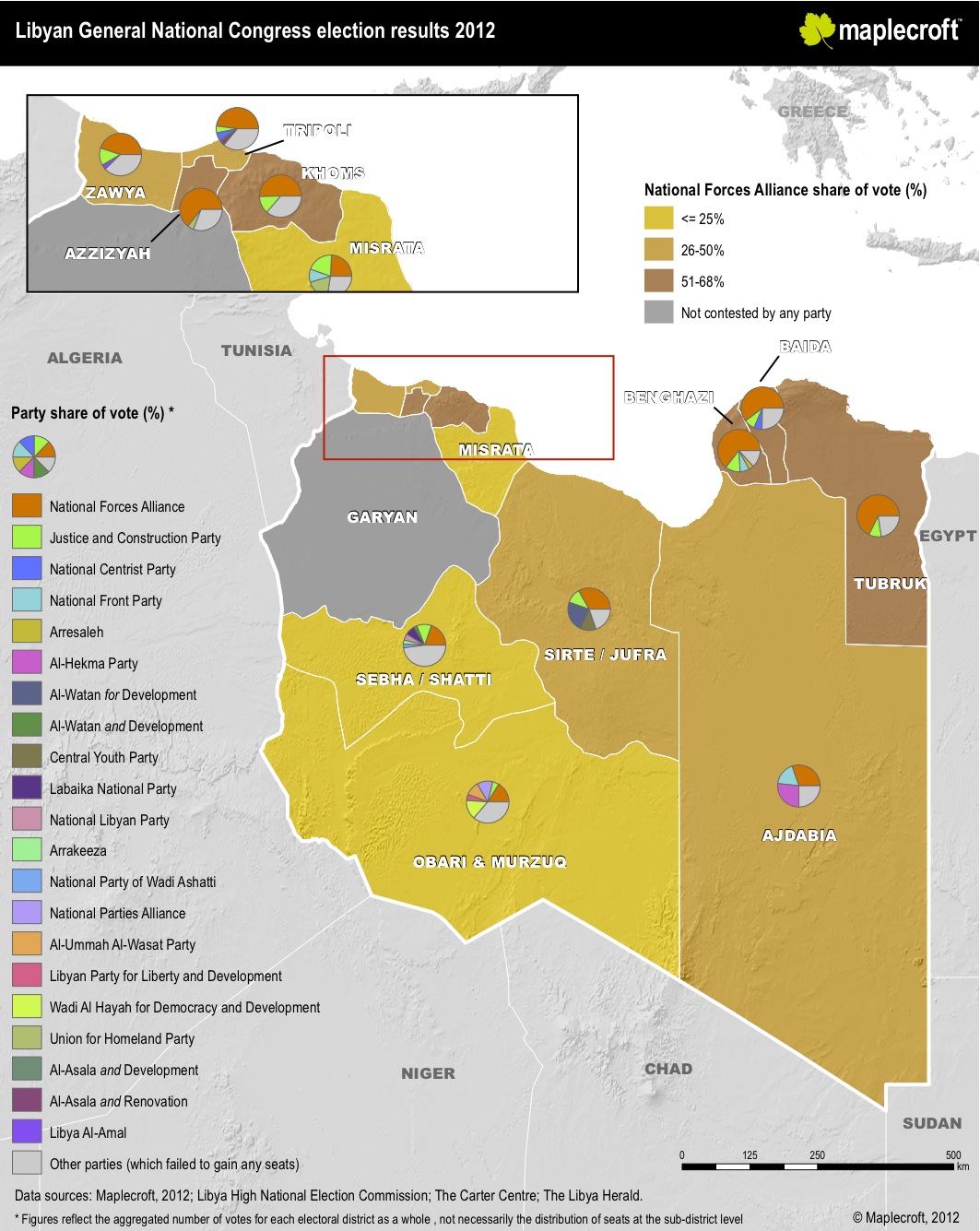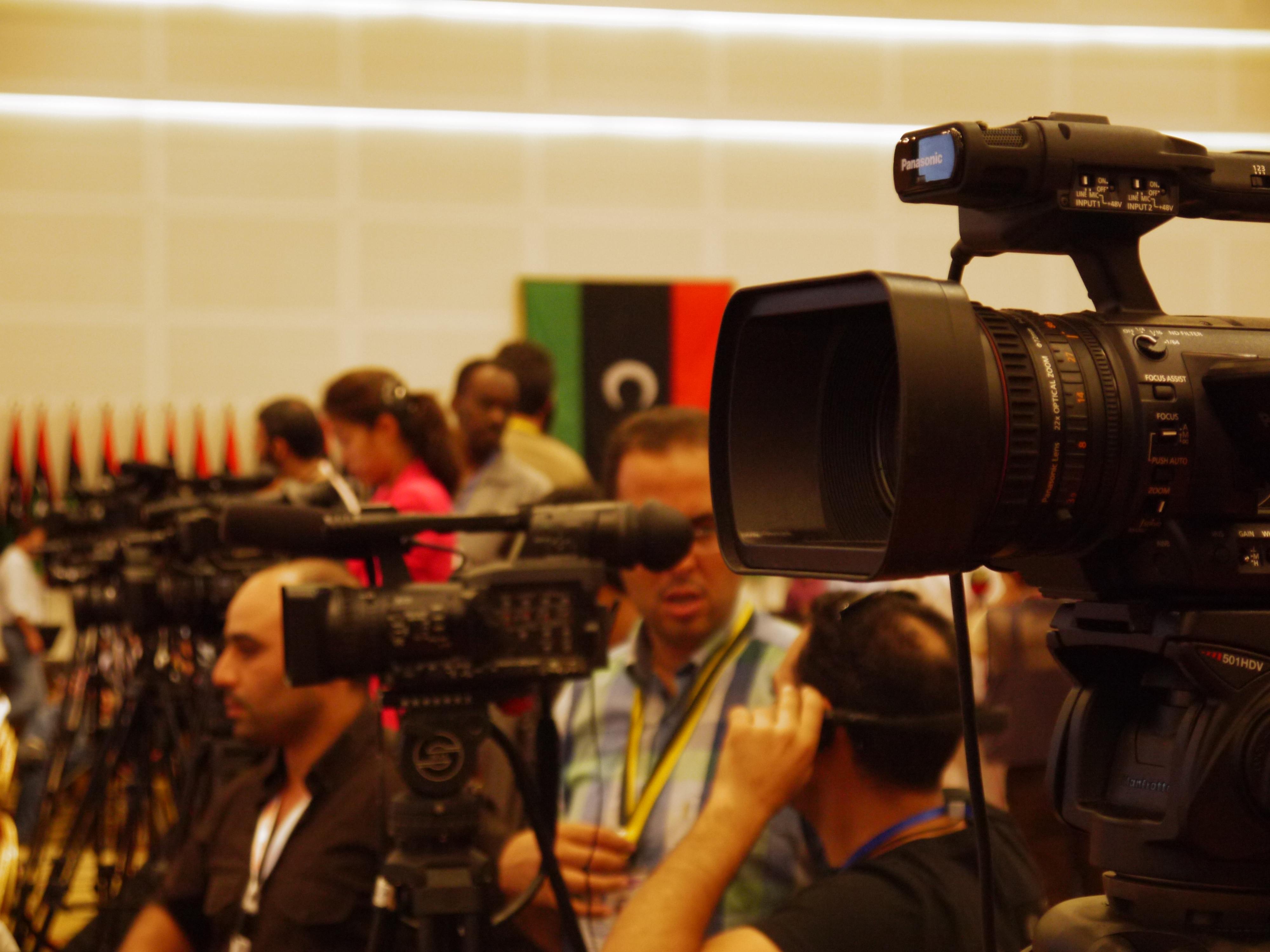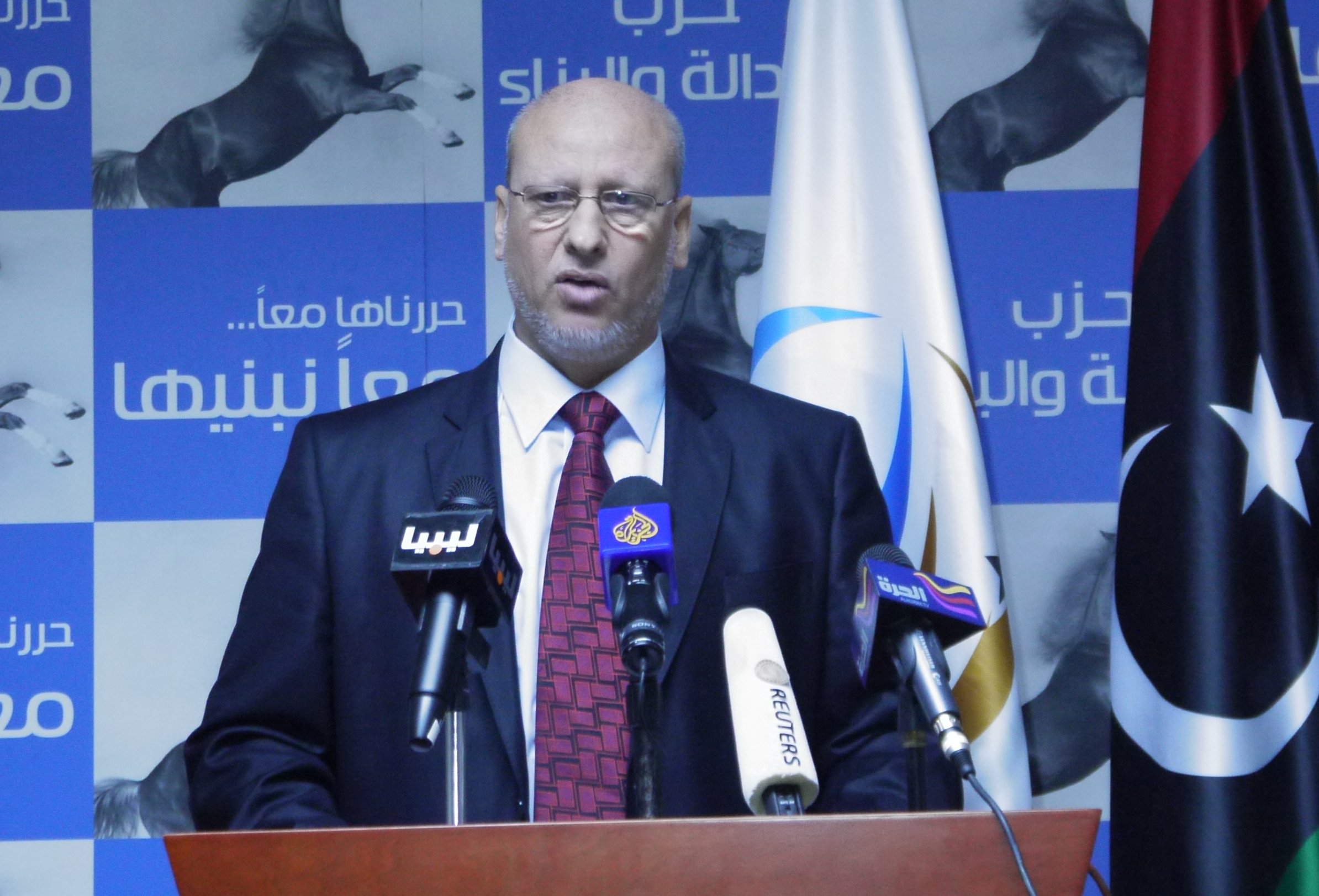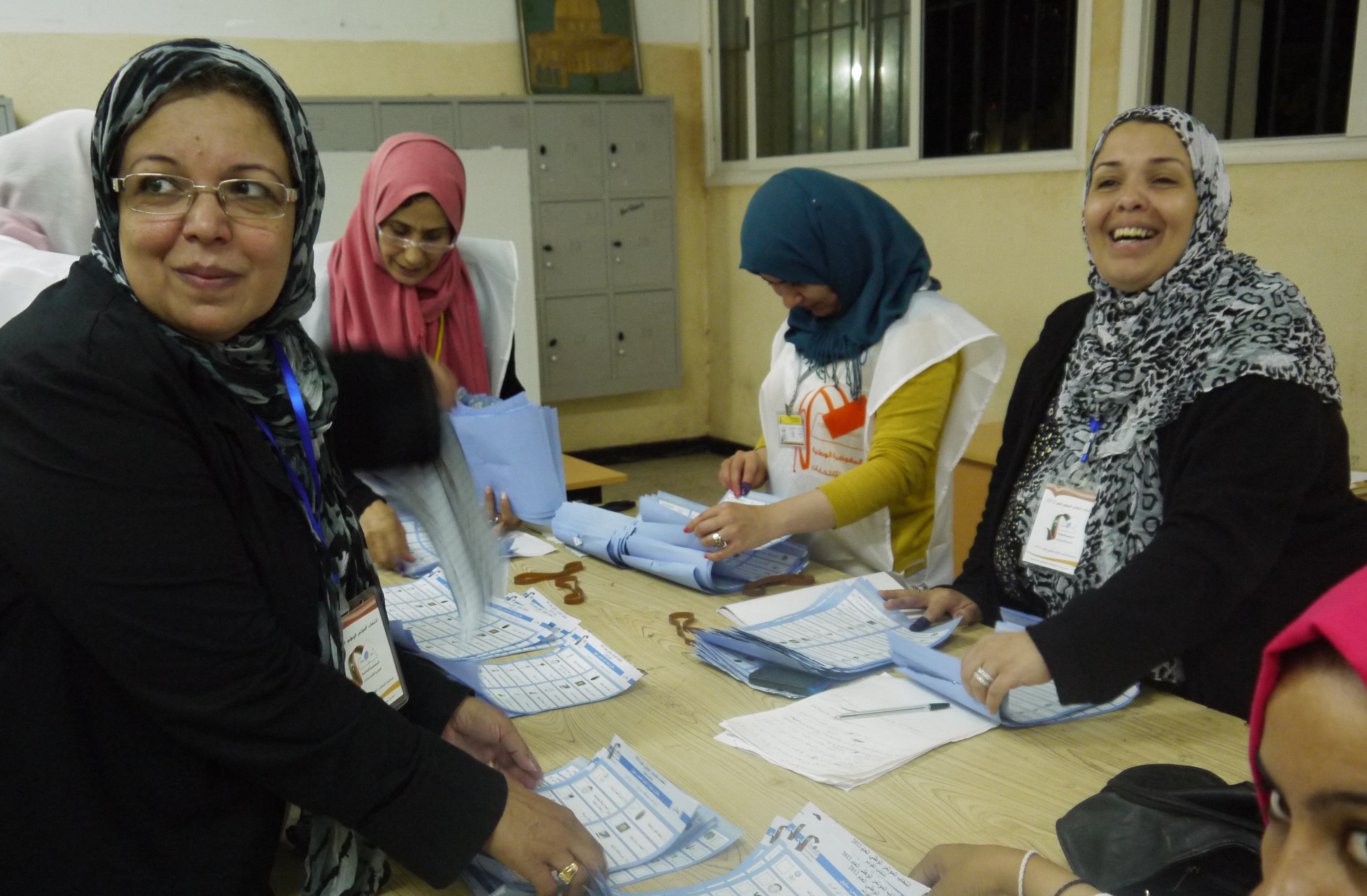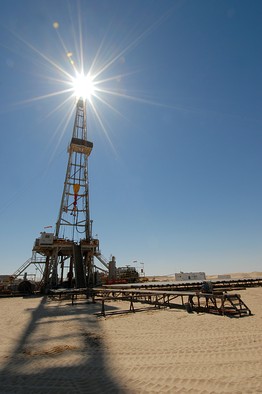By George Grant.
Tripoli, 4 July:
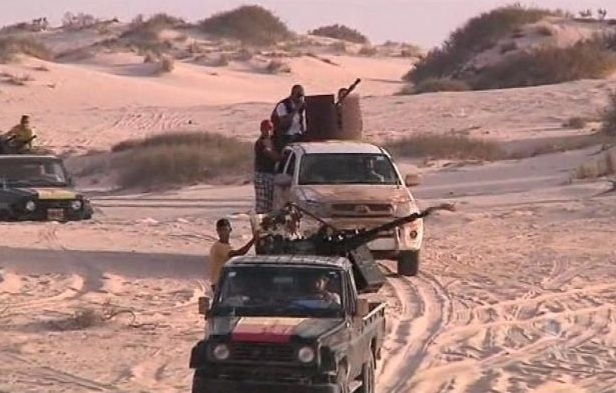
More than 1,000 Tebu from the southern desert town of Kufra have been disbarred from voting in . . .[restrict]Saturday’s elections, it has emerged.
The decision, which was announced by the HNEC on 26 June as Law 92, has left approximately 15 per cent of Kufra’s 7,000 Tebu disenfranchised ahead of Saturday’s historic vote.
“To say we are upset about this would be an understatement”, said Hussein Chake, the leader of Libya’s Tebu population. “The HNEC concluded that these individuals were ineligible to vote between 3-6 June, so why did they wait so long before announcing their decision? We have had almost no time to challenge the verdict”.
Chake said he had met with HNEC head Nuri El-Abbar to protest, but had been told the decision was final. The HNEC has declared that the vast majority of the 1,008 Tebu on the list do not hold Libyan nationality or else do not have valid identity cards.
A much smaller percentage have been disqualified by virtue of being members of the national army, who are not permitted to vote in the elections.
“The problem with this is that I do not know of any Tebu who are in the army”, Chake said. “One of these men is my cousin, but he left the army in 1988!”
Many of the disbarred Tebu are from the Aouzou Strip in northern Chad, which was claimed by Libya shortly after Qaddafi came to power in 1969. The area was the focus of frequent bouts of conflict between the two countries, although an internationally agreed resolution was reached in 1994 when the International Court of Justice ruled 16-1 in favour of Chadian sovereignty.
“The HNEC’s decision to disbar these Tebu has been ratified by the courts”, said Khaled Al-Jazwee, the deputy head of the HNEC’s legal department. “It’s too late for these elections, but the Tebu have said they will challenge the judgement nevertheless to prove that they are Libyans.”
The decision has threatened to provoke a further deterioration in relations between the Tebu and the government, which have been strained in recent weeks by intermittent clashes between Tebu tribesmen and government forces around Kufra.
“We are very angry with the government”, said Chake. “When the fighting broke out between Zintan and the Mashasha, the problem was taken seriously. Mustafa Jalil, Prime Minister El-Kib and Sheikh Ghariani [the chief mufti] all spoke on TV demanding an end to the fighting, but we have had nothing like the same focus on Kufra.
“We have been relying on the Red Cross for medical treatment and evacuation. The government has helped only Arabs”.
Chake said that the large number of Tebus displaced from Kufra in the fighting presented an additional obstacle to voting on 7 July. “We believe around 1,500 Tebu have left, including myself. We are registered to vote in Kufra, but we are not there, so what can we do?”
The Tebu leader said he had approached El-Abbar to request the elections in Kufra be delayed for a period of one month to enable him to launch an appeal against Law 92 and to allow time for the fighting to die down, but said this request had been refused.
The Tebu have previously threatened to boycott the elections in Kufra unless national army forces are withdrawn from the region, and Chake confirmed that with the additional imposition of Law 92, that boycott would be taking place.
“I would like to make clear, however, that this is a localised dispute relating specifically to Kufra”, the tribesman said. “Tebu elsewhere in Libya will still be voting on 7 July”.
[/restrict]



